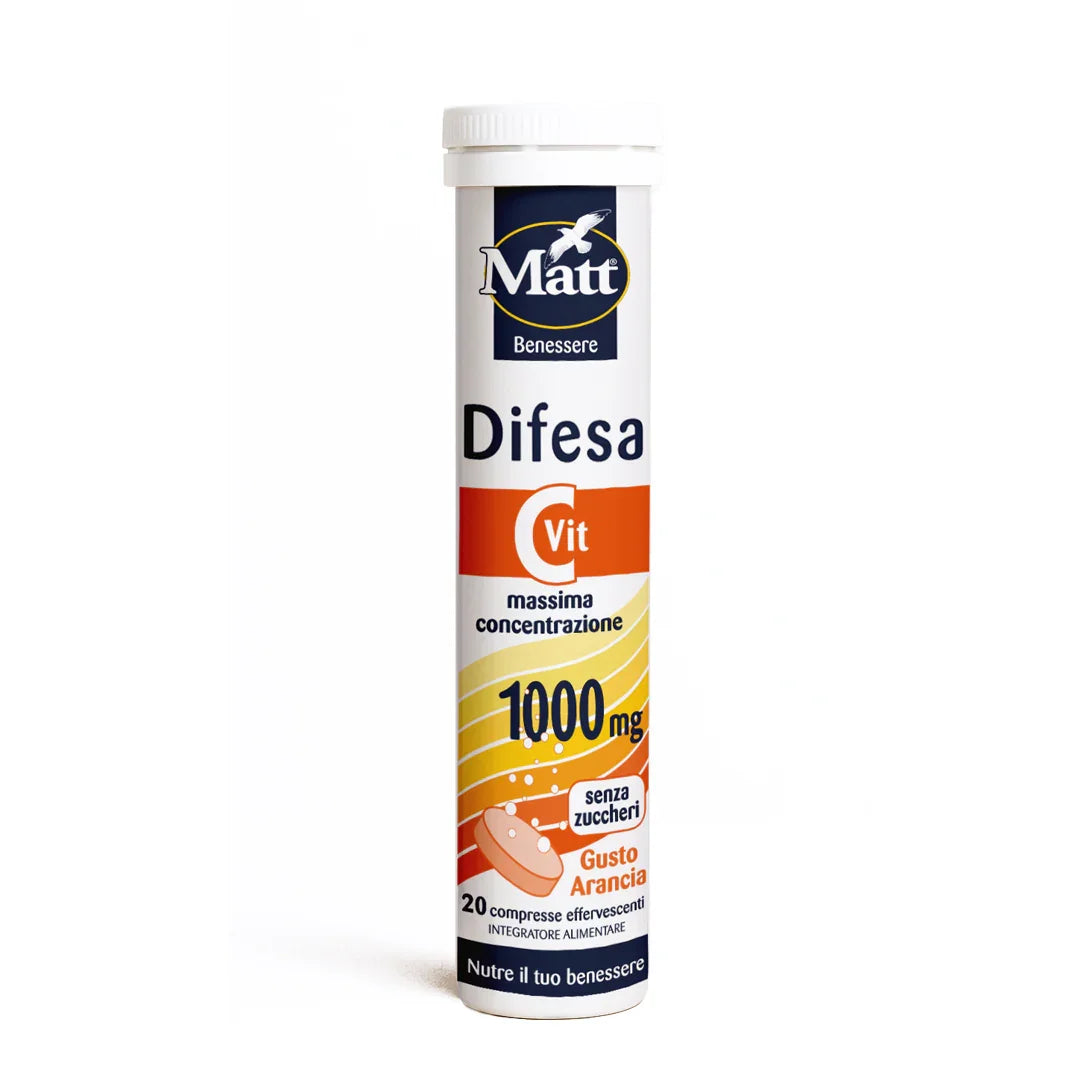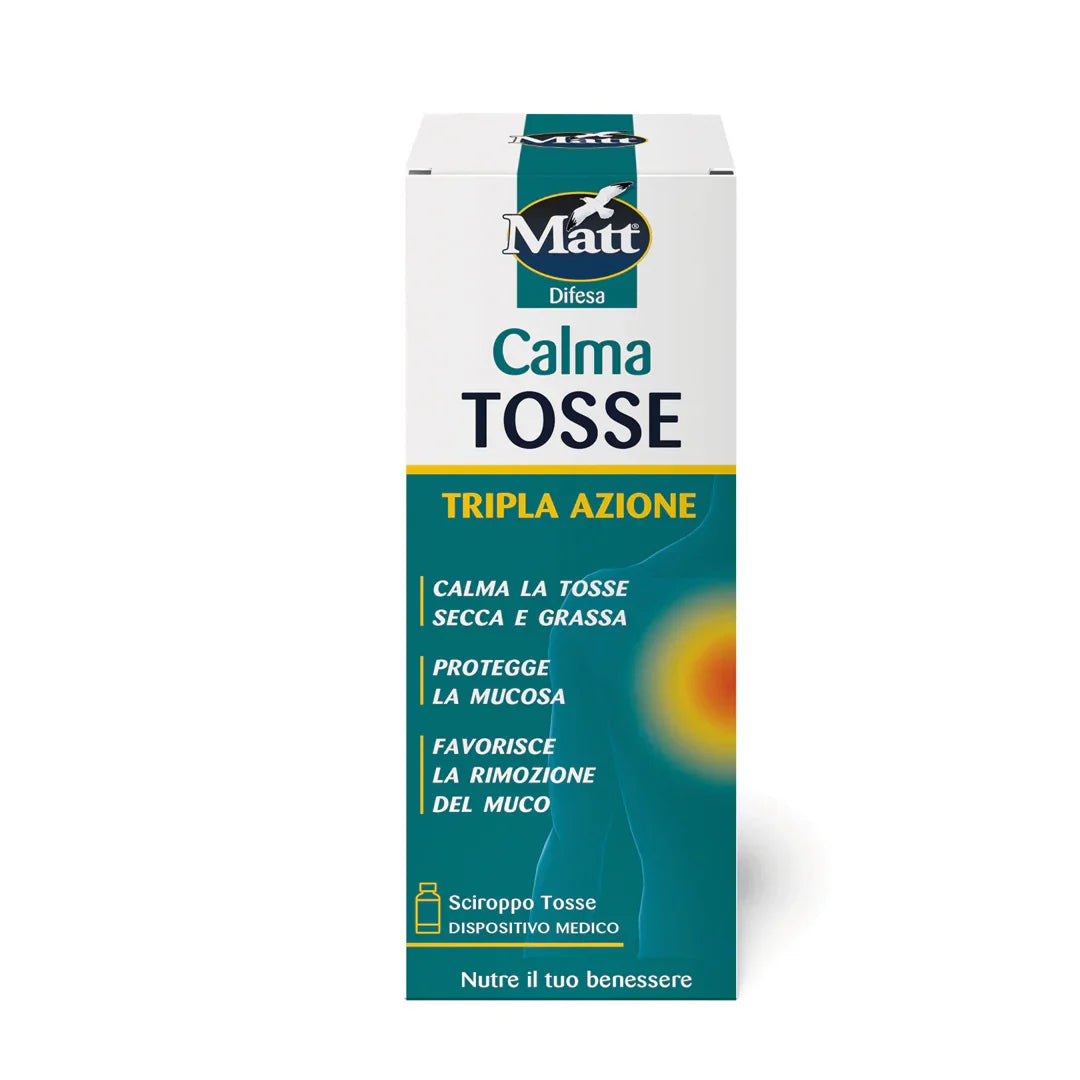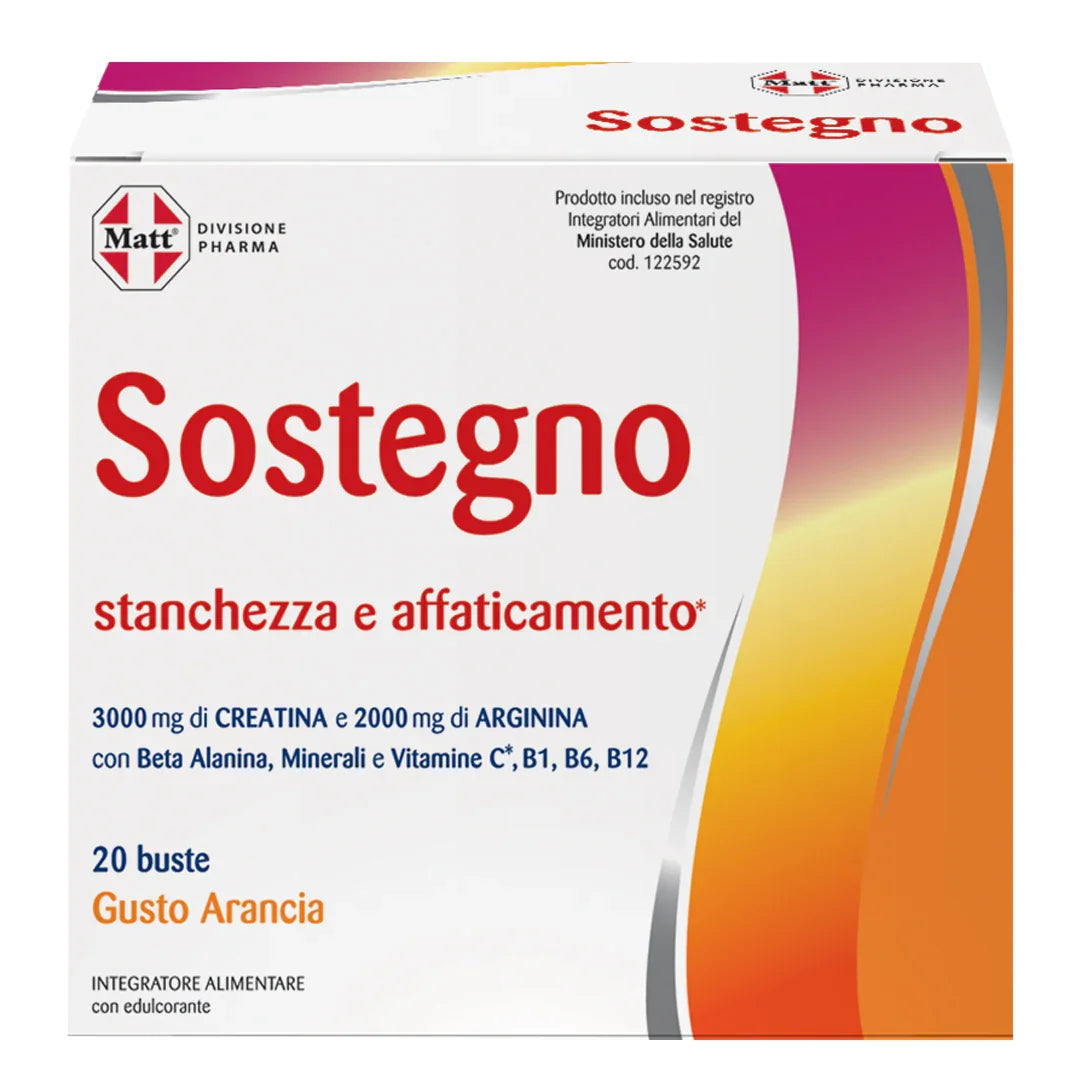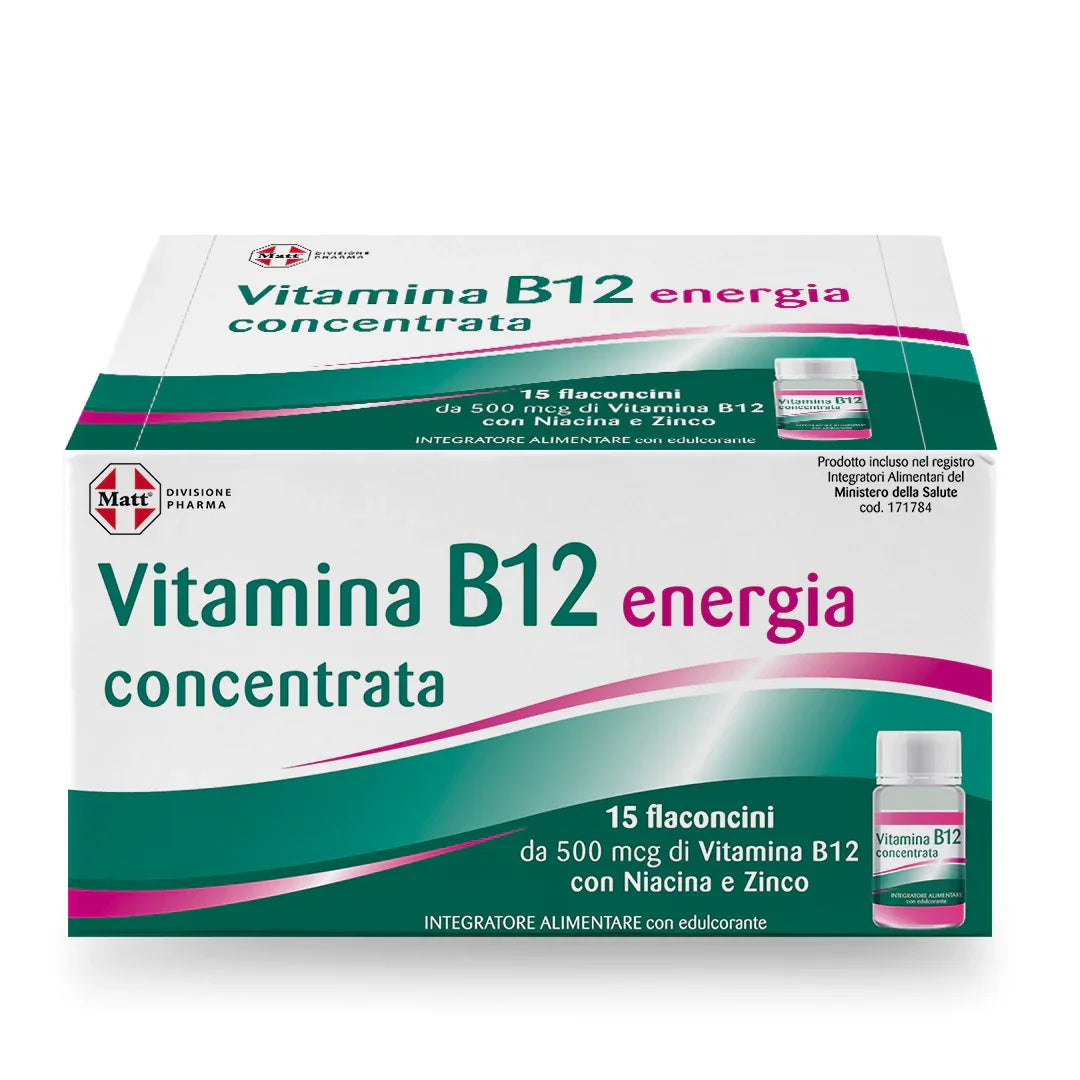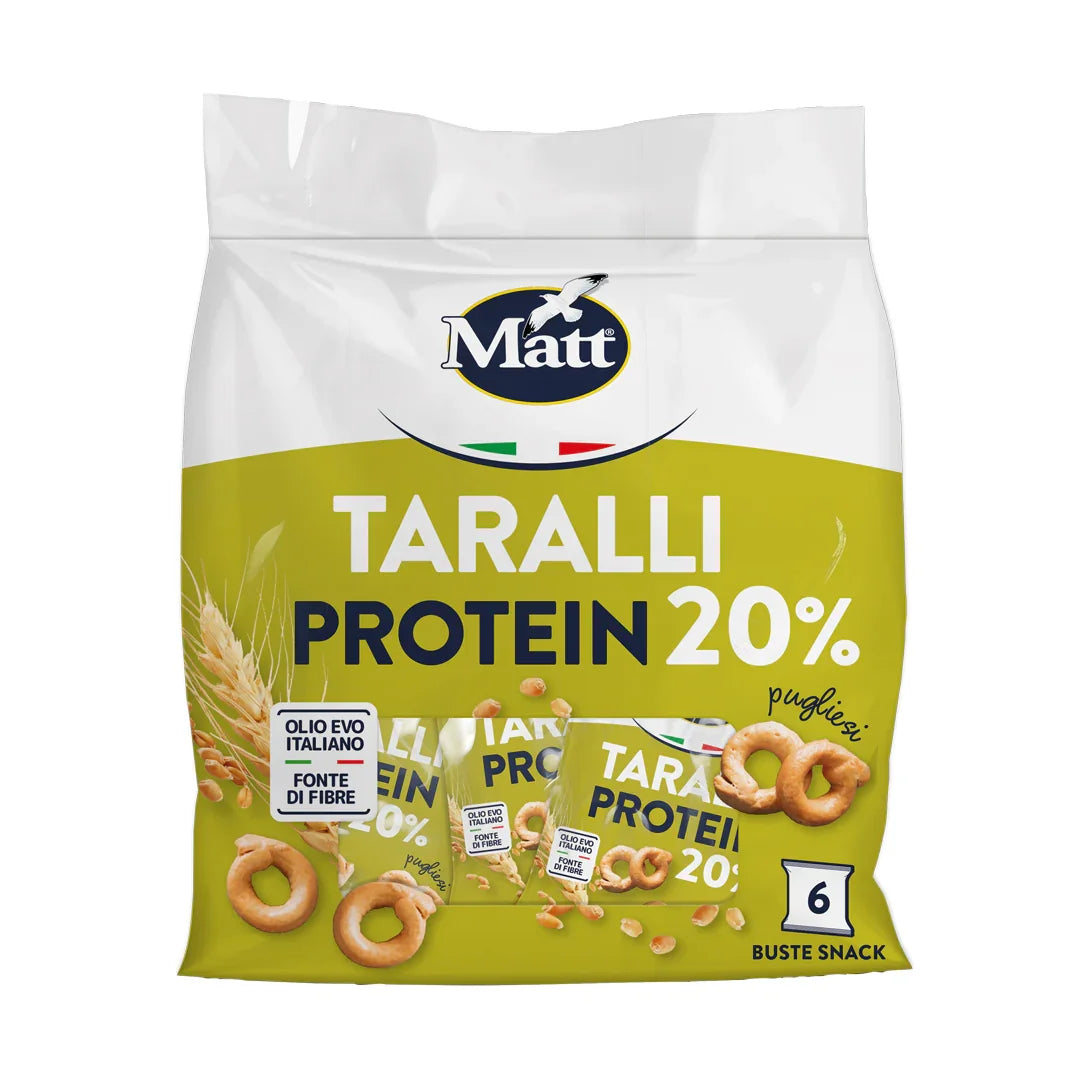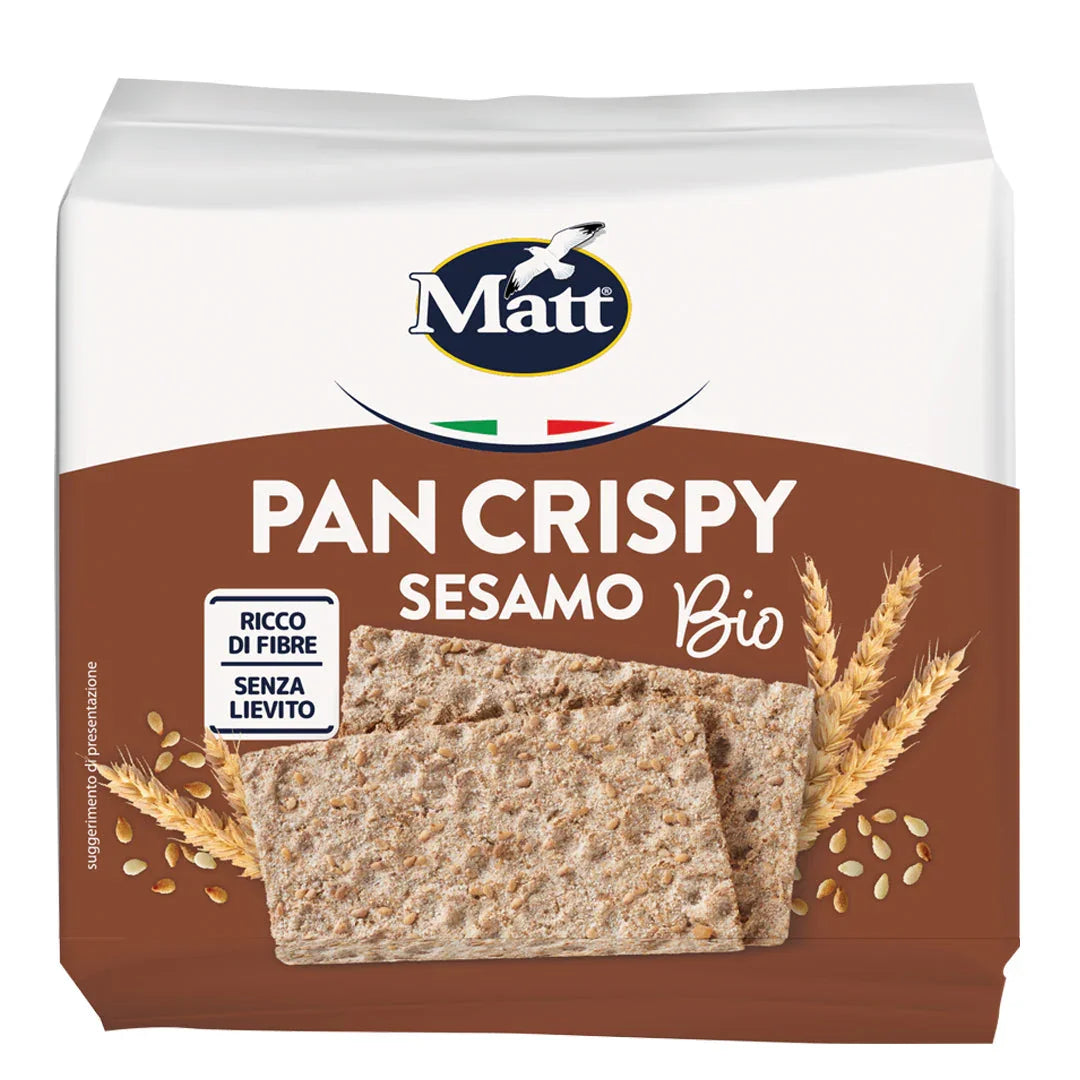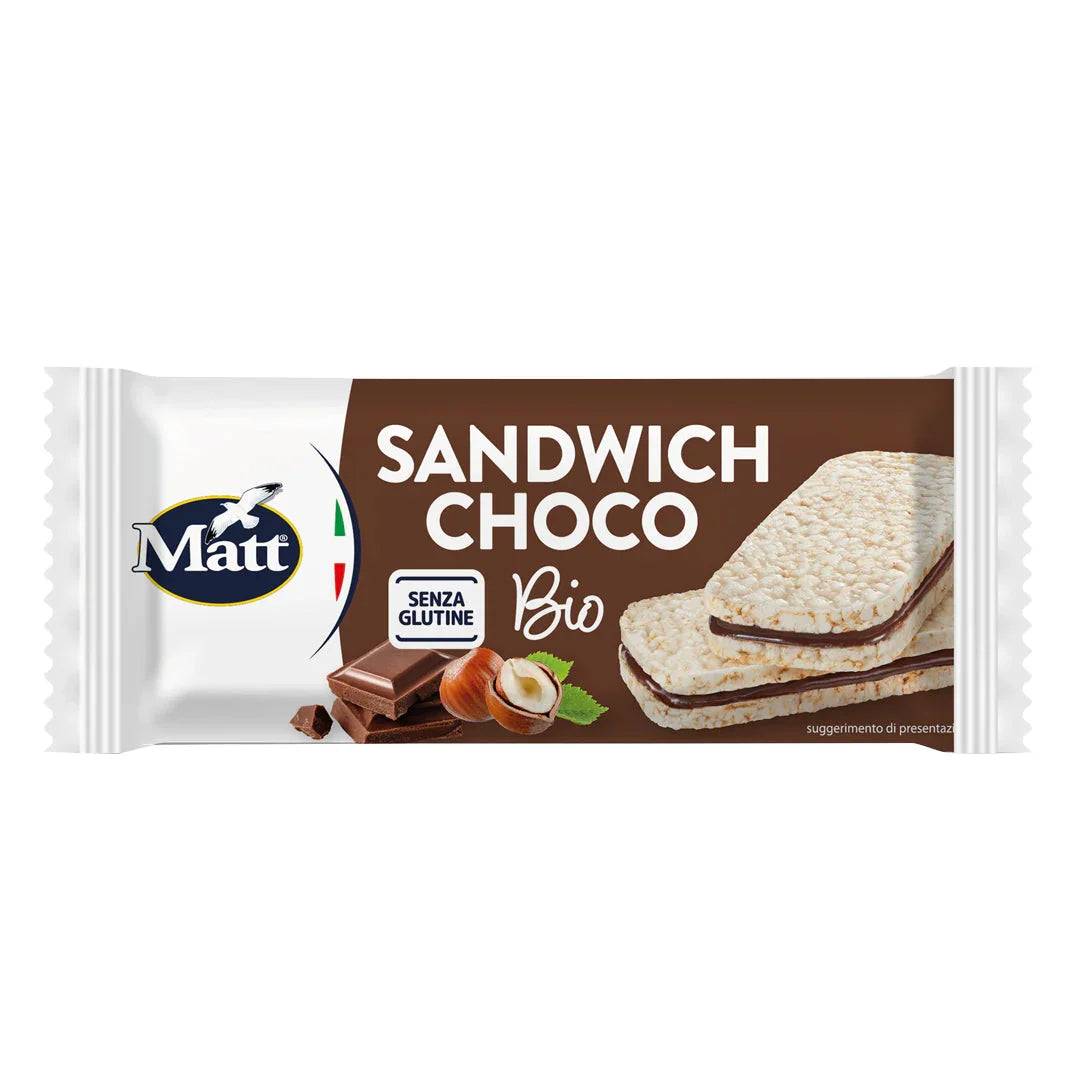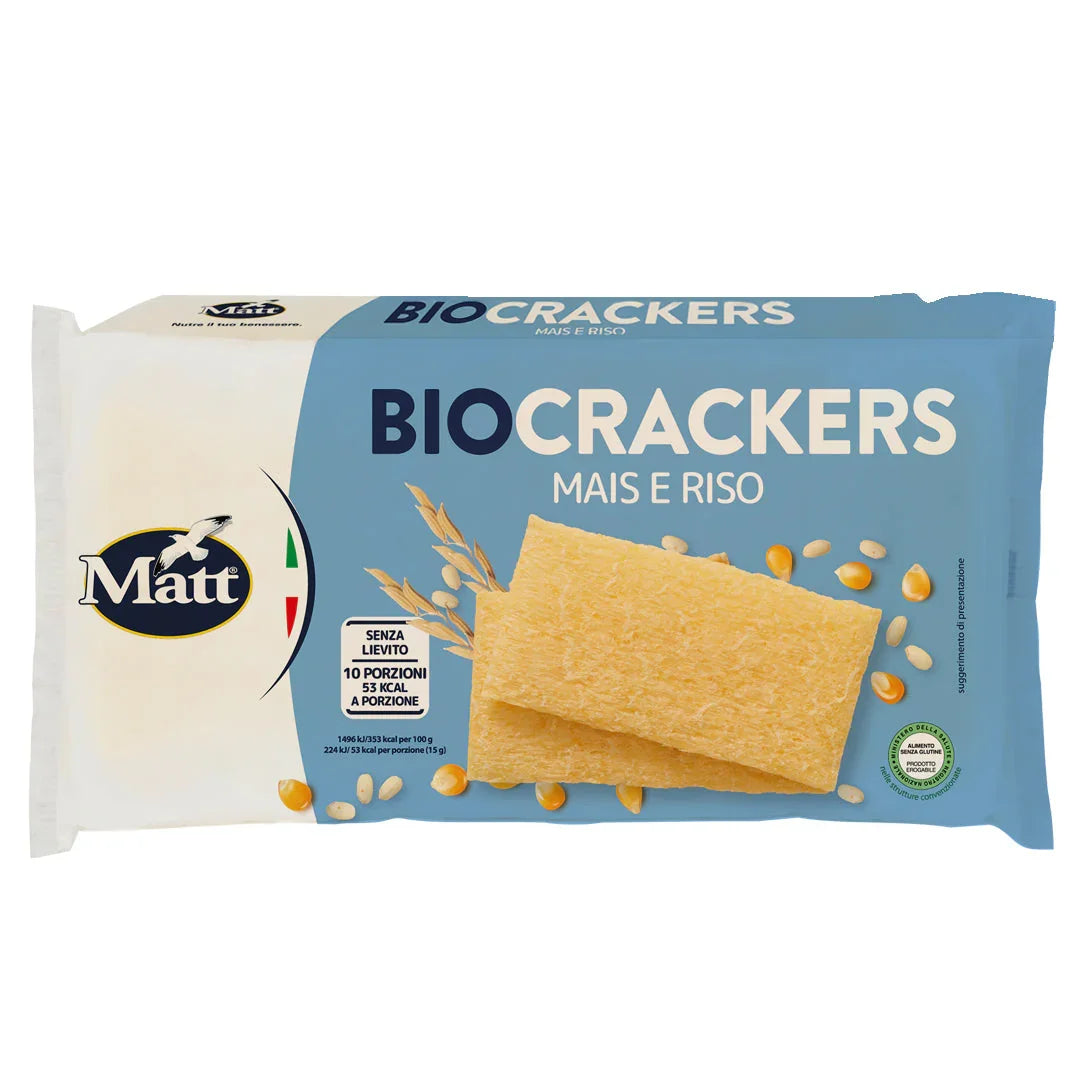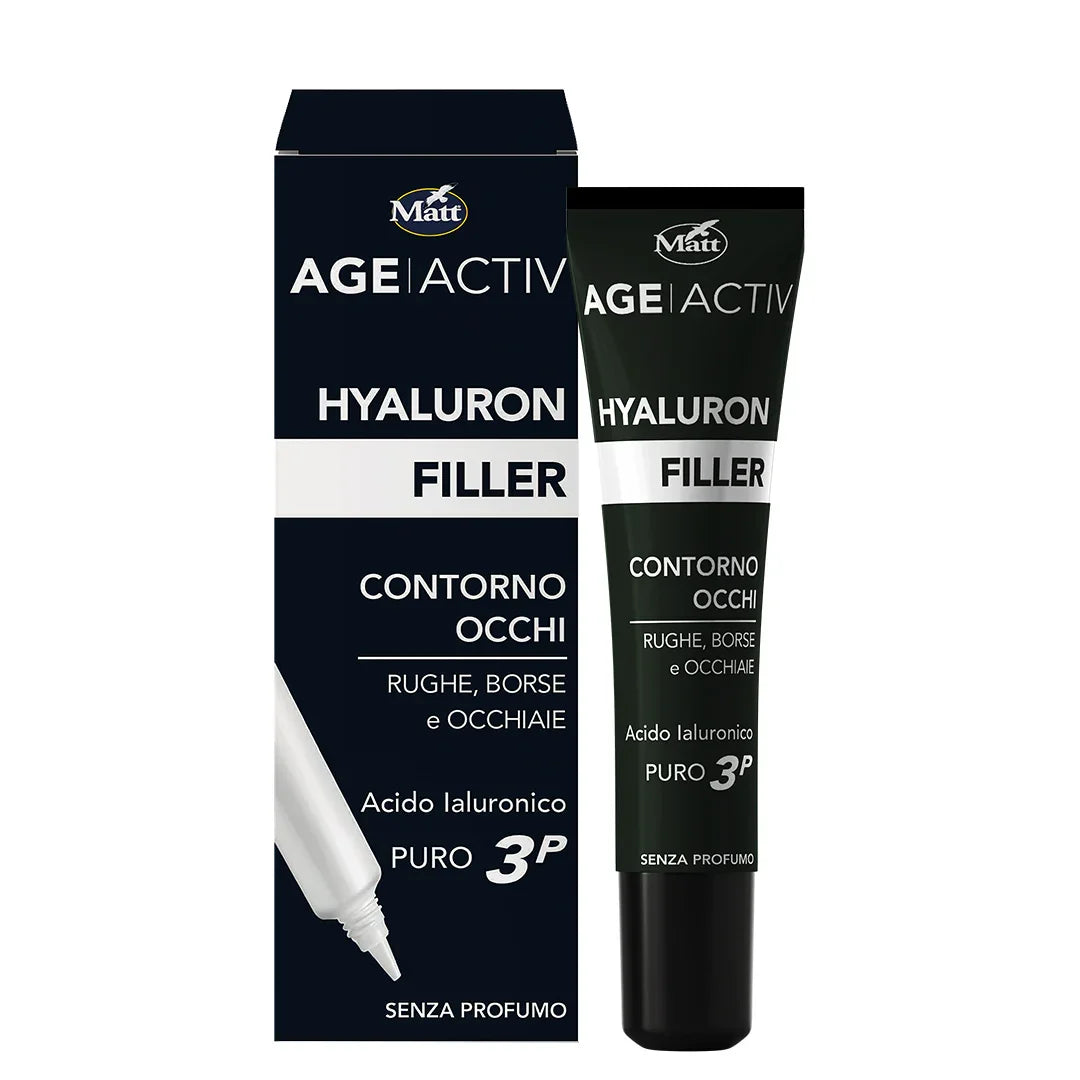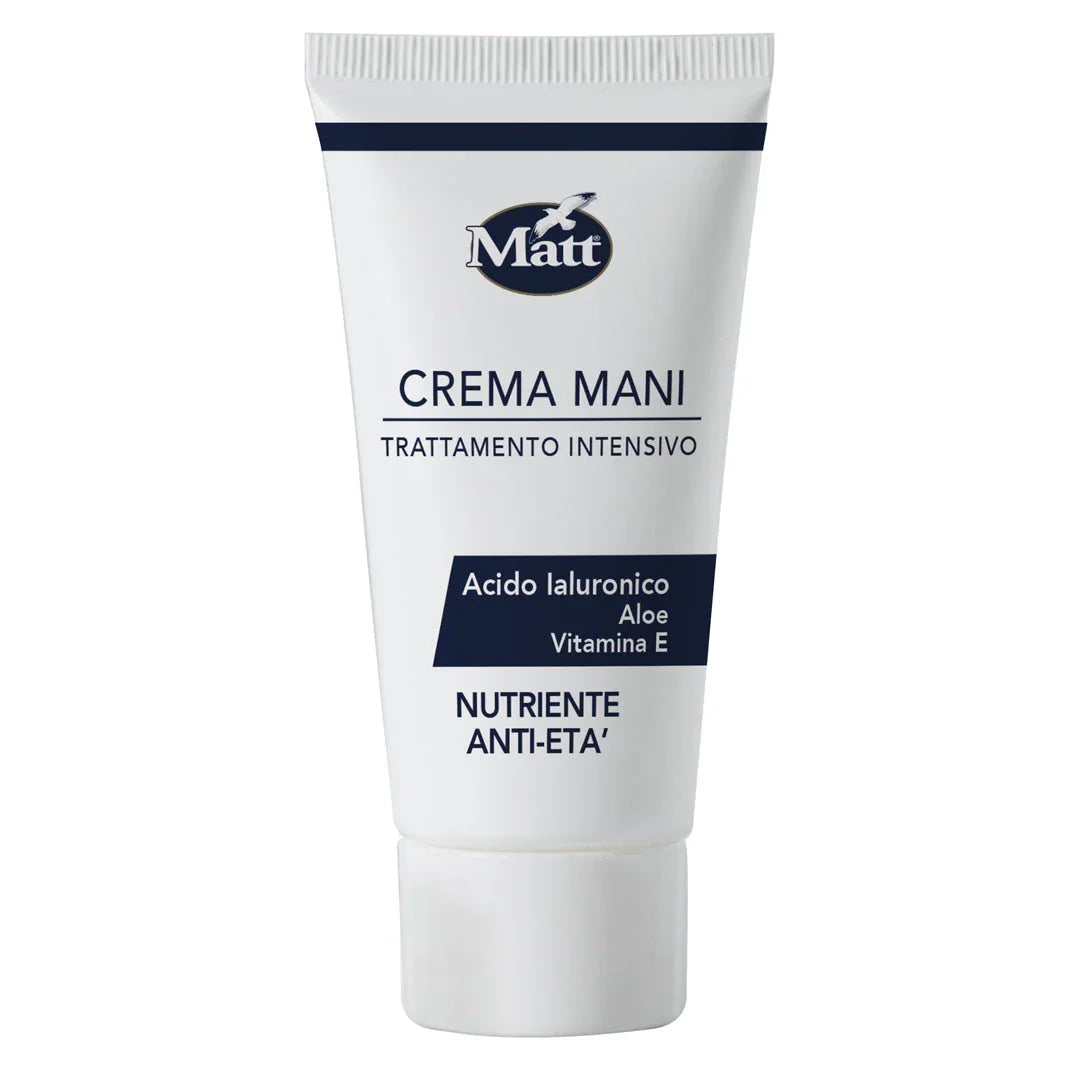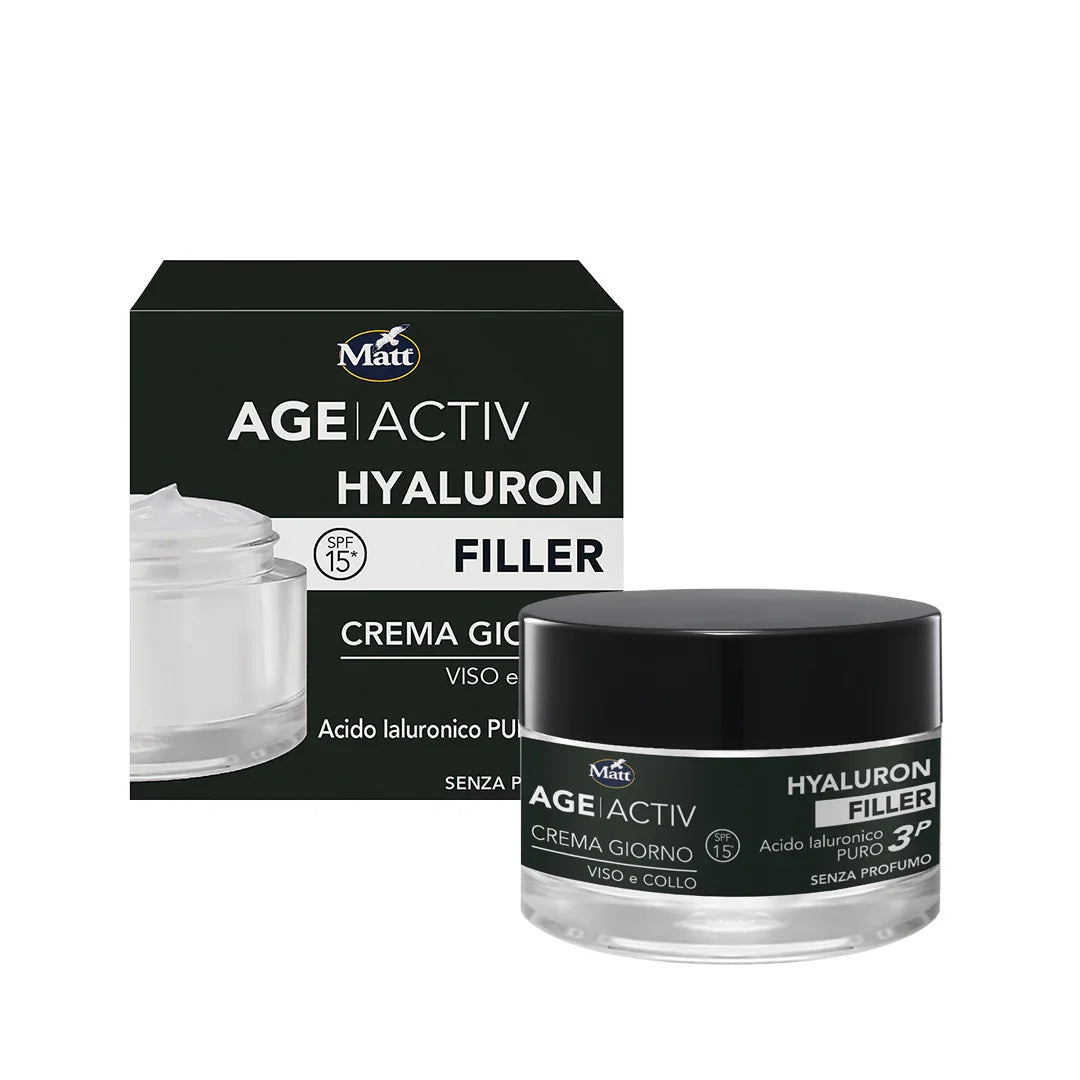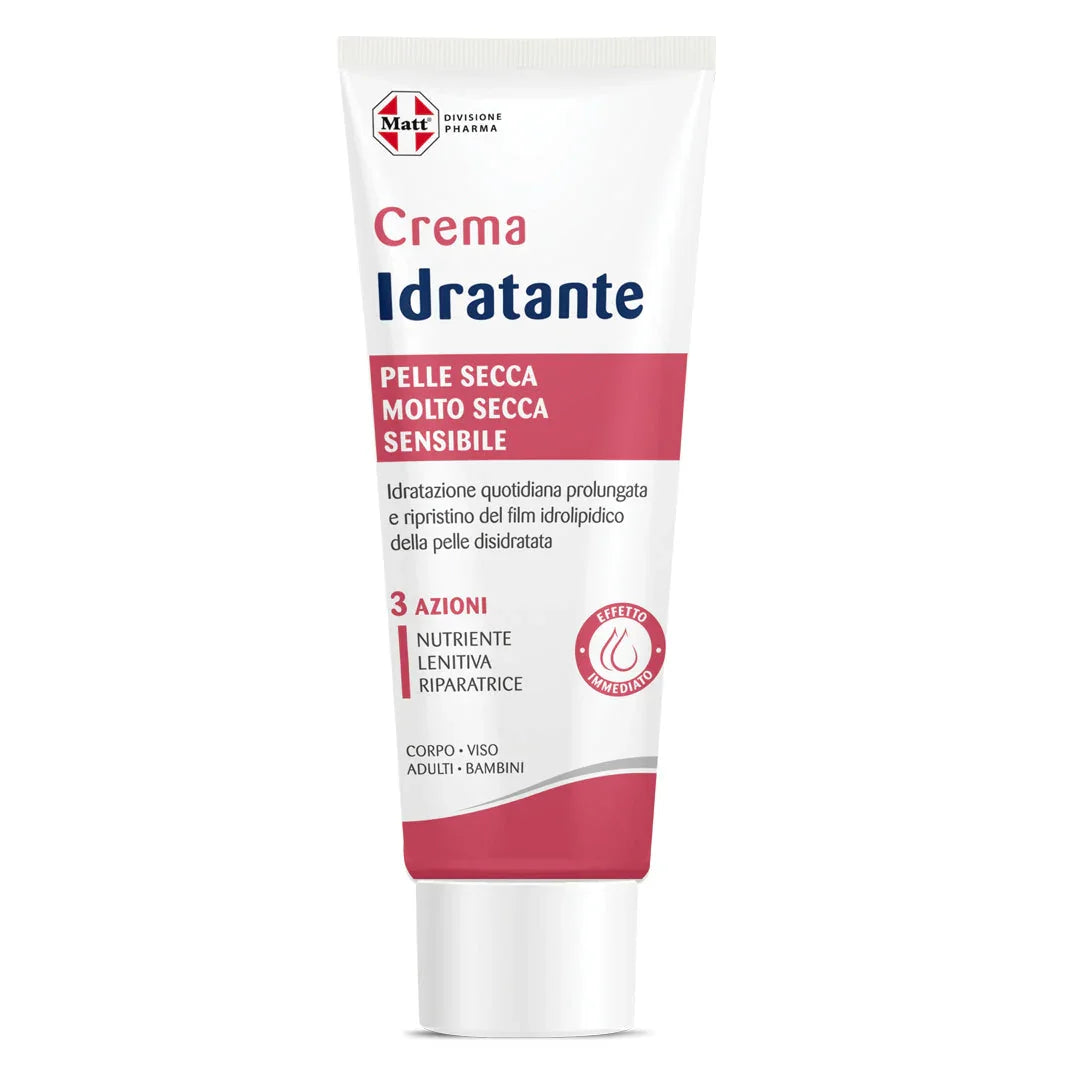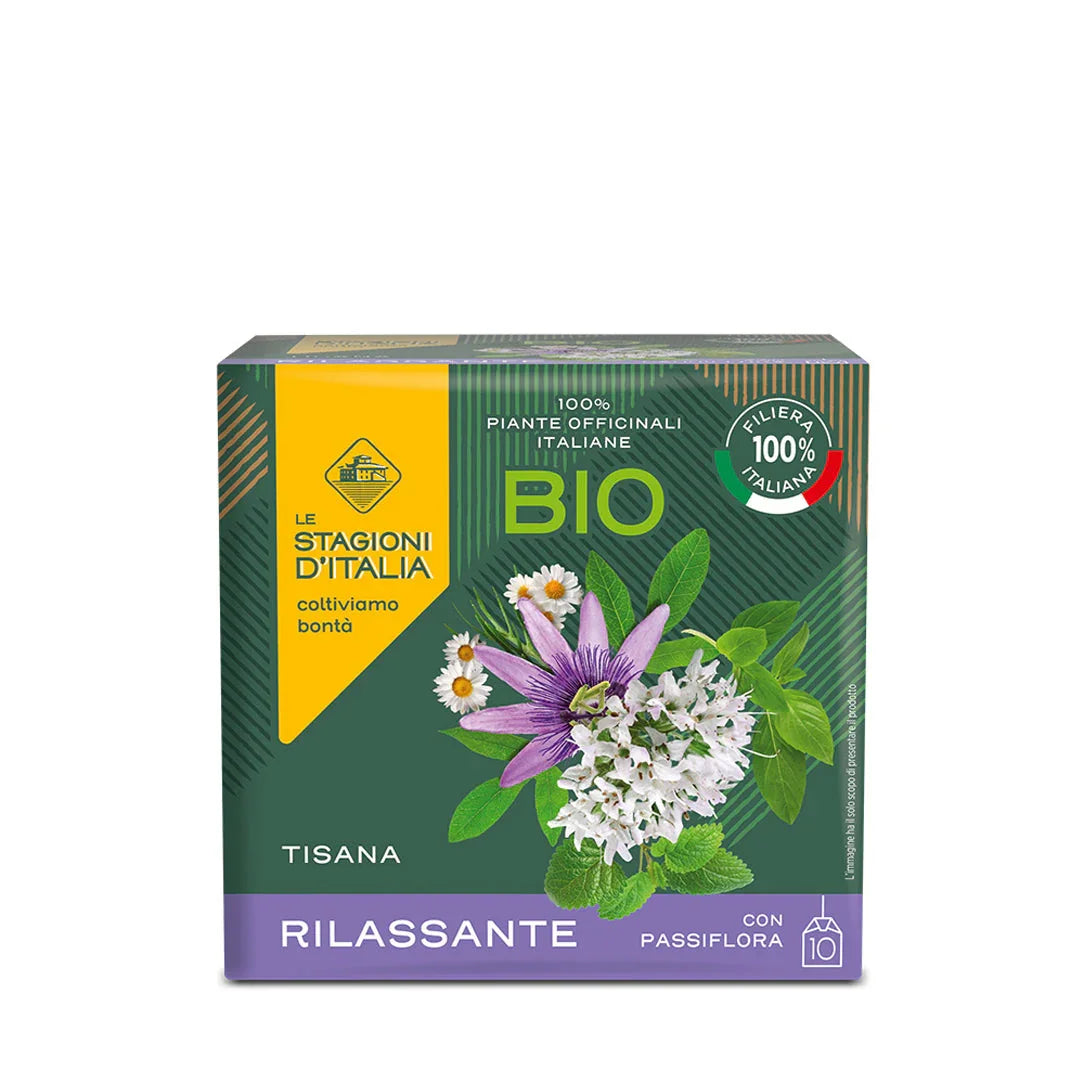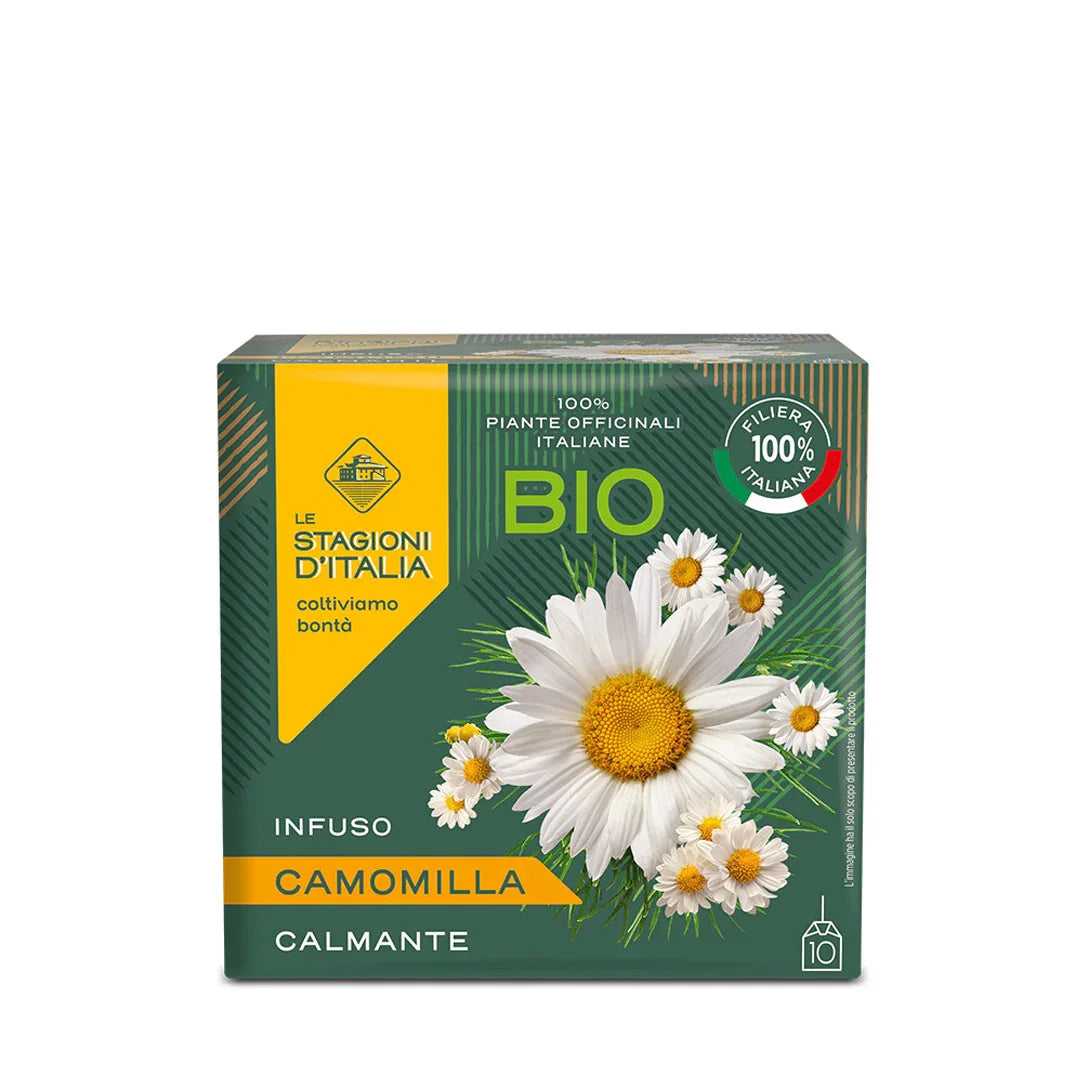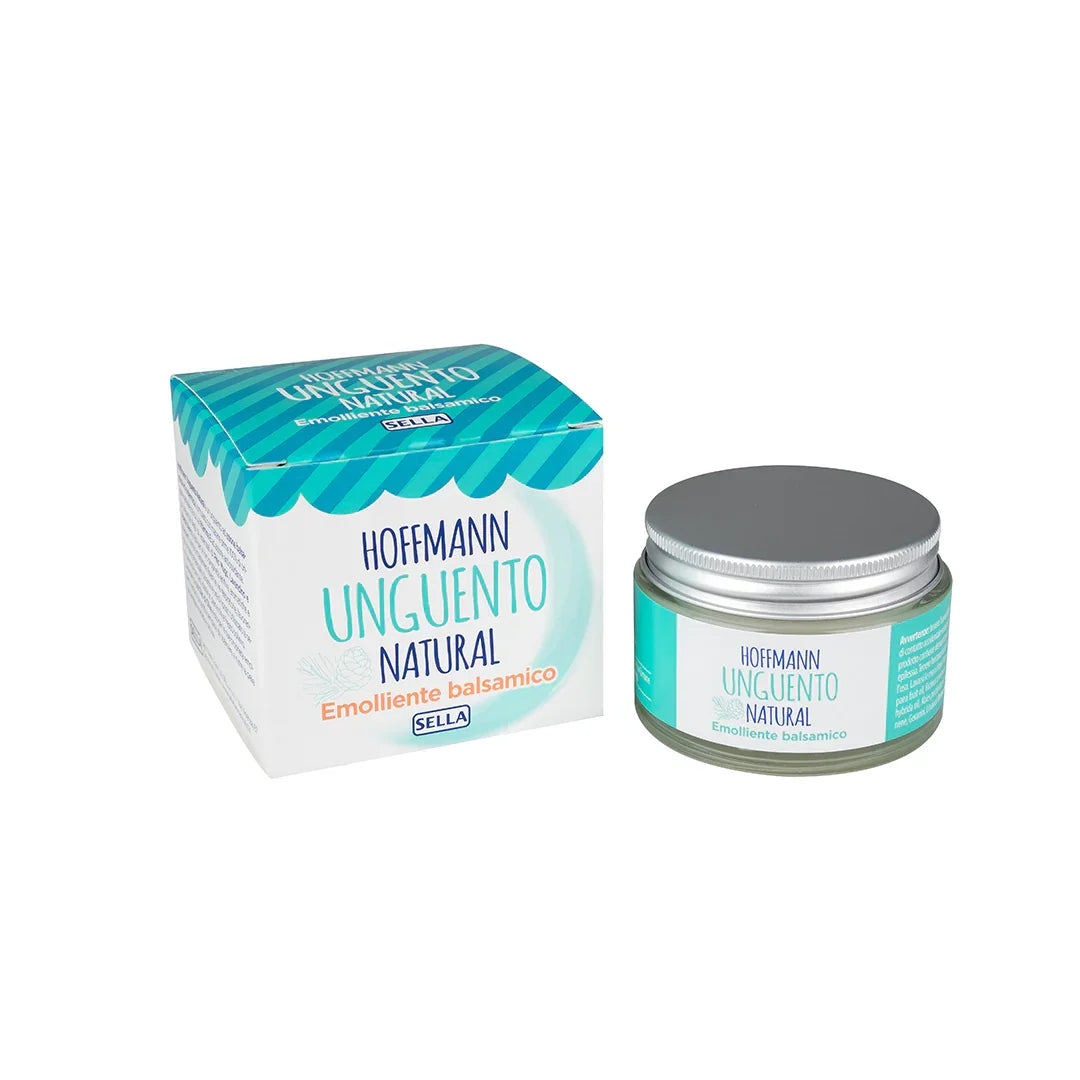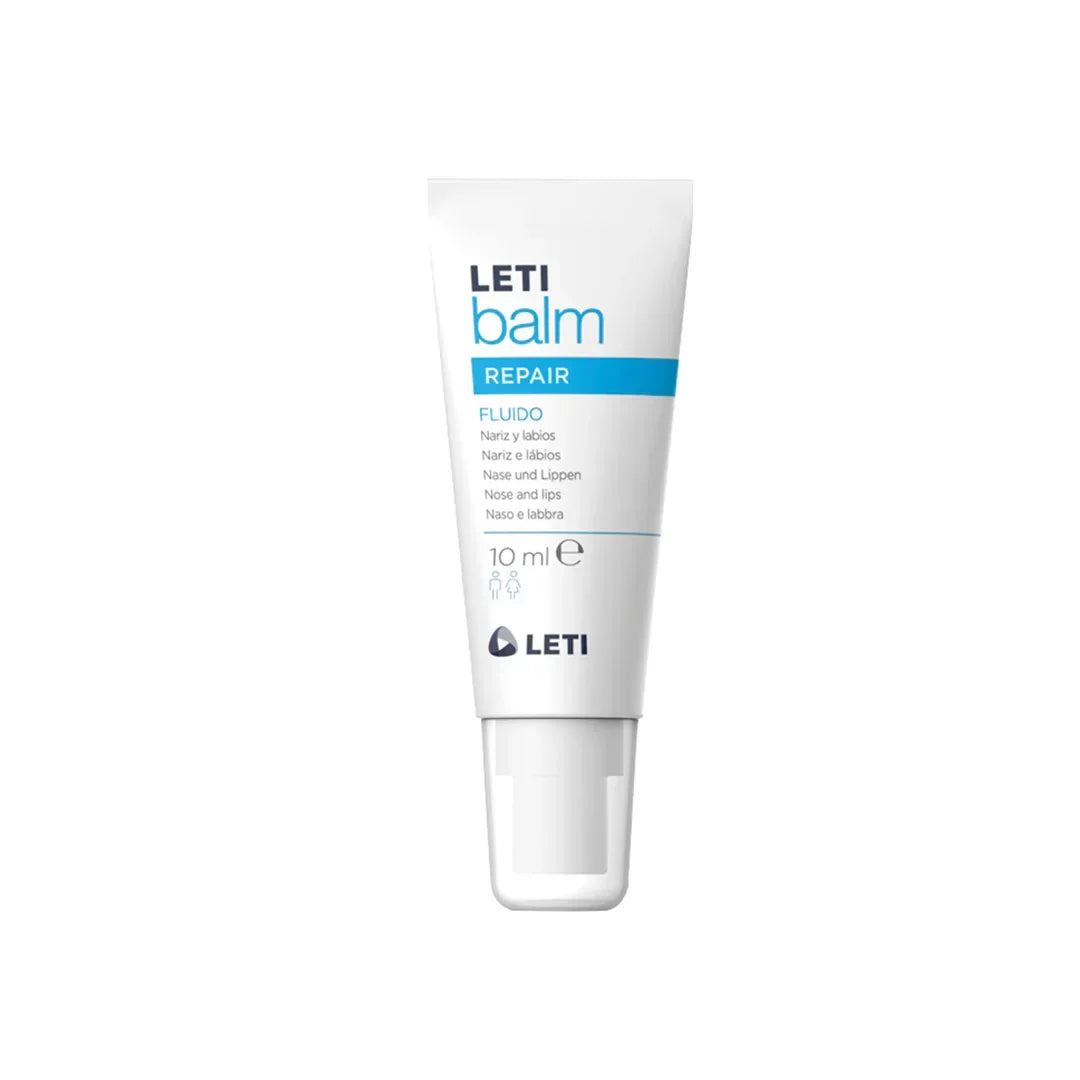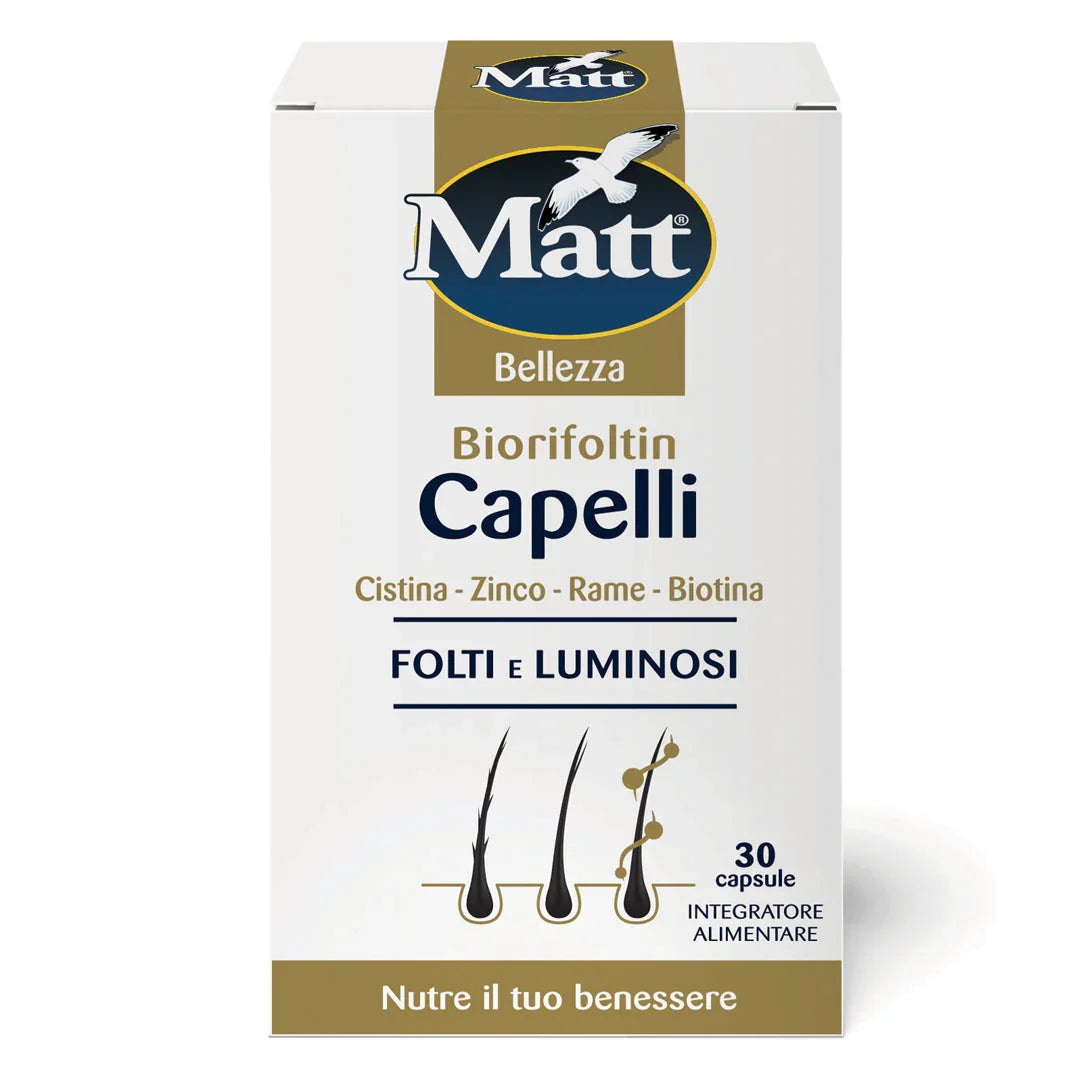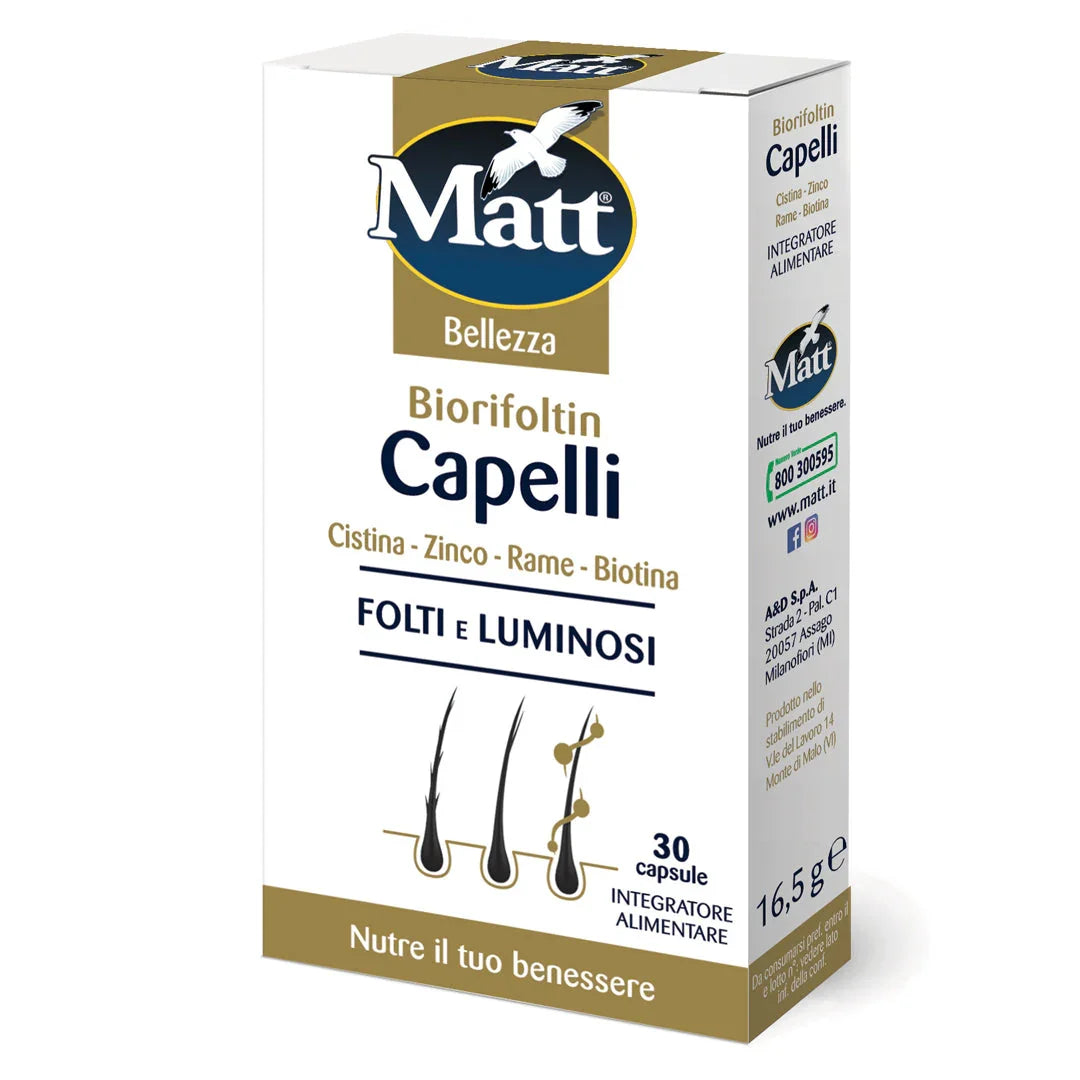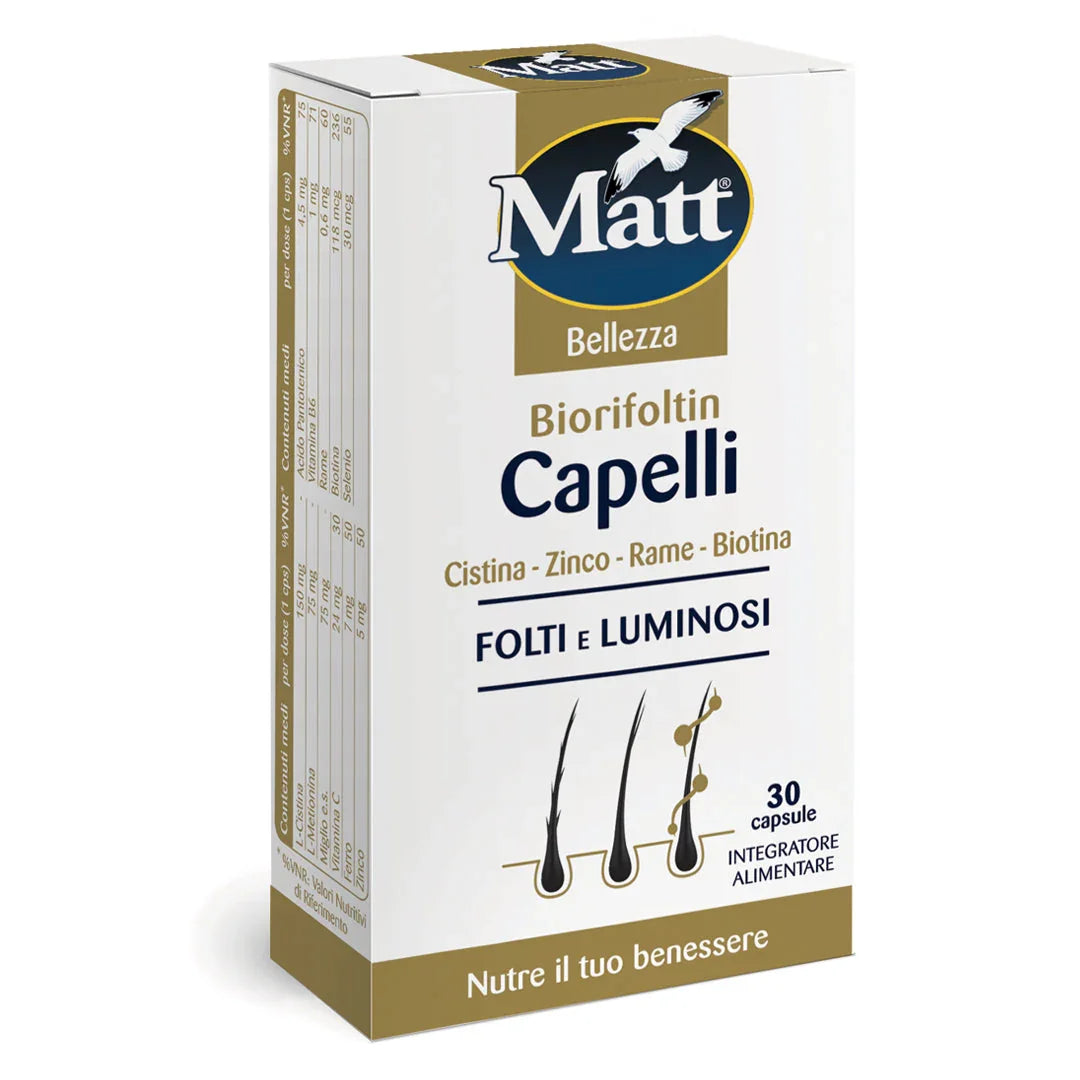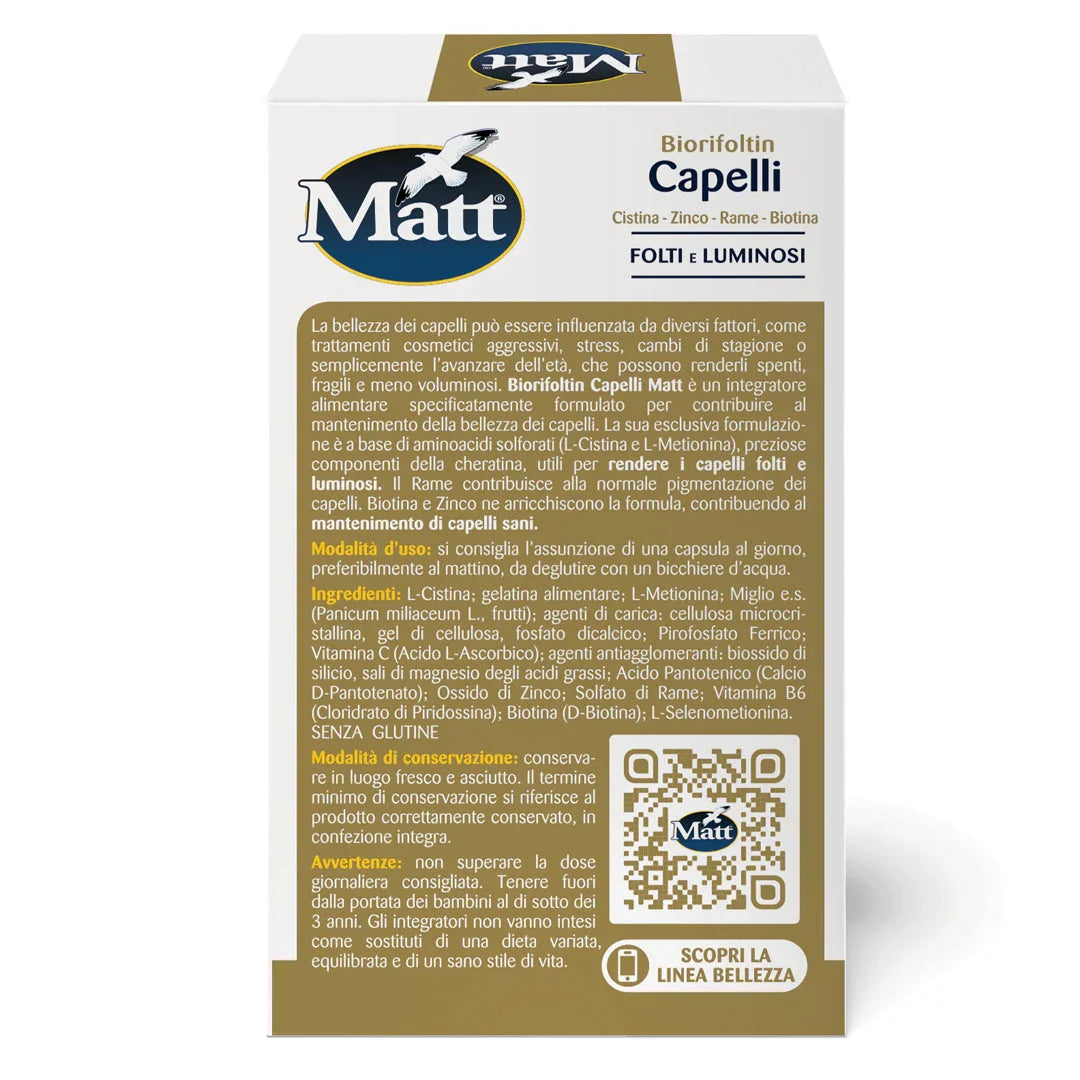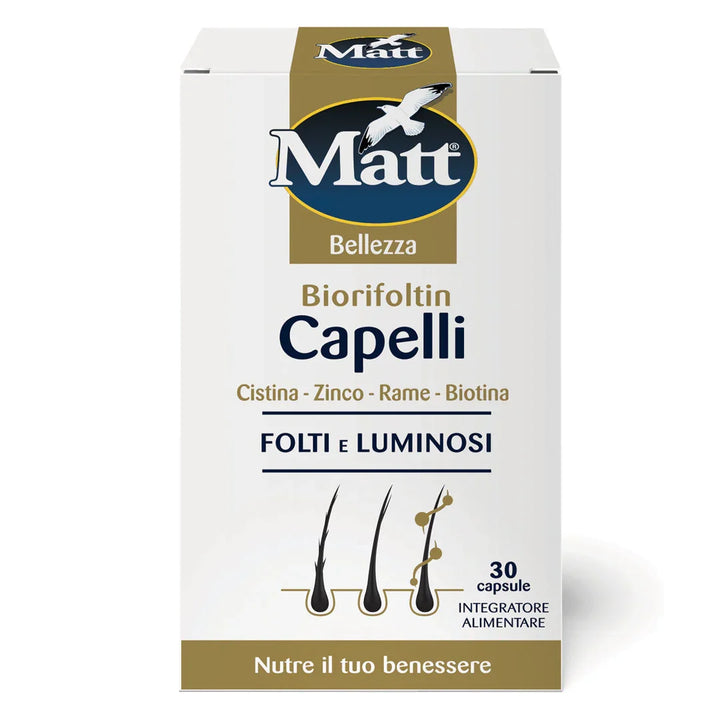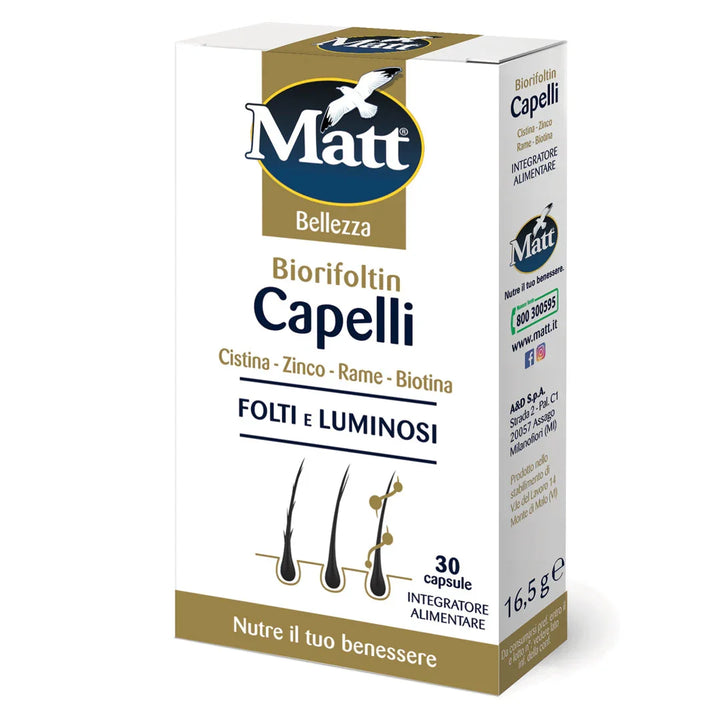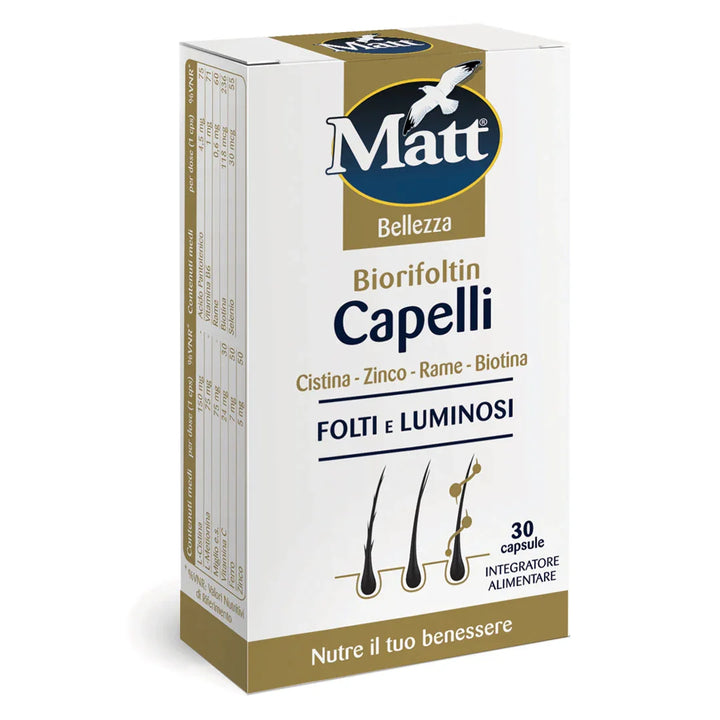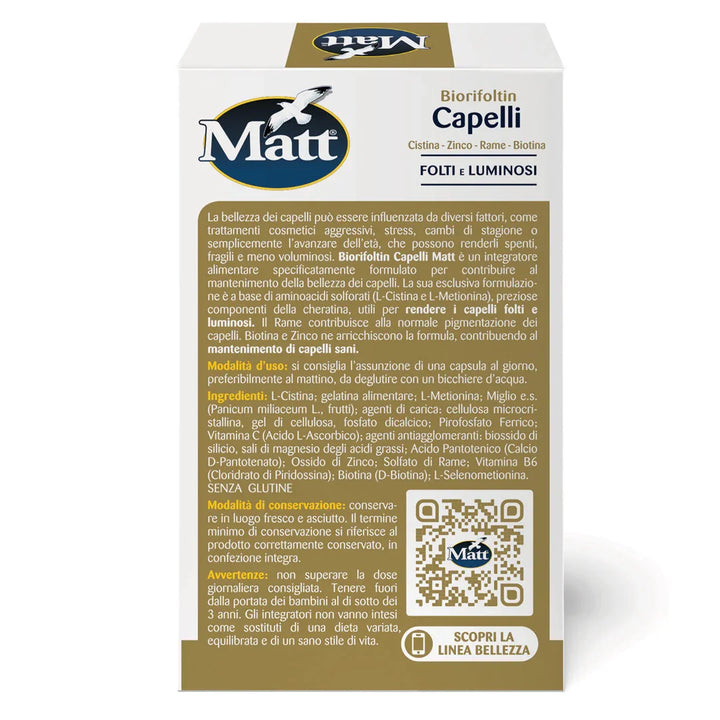Biotin frequently comes up when discussing hair, skin, and nail health. But what is its true role? Biotin for hair is a topic of great interest, supported by scientific research exploring its benefits. This article aims to clarify, explaining what biotin is, how it works, and why it can be a valuable ally for your hair.
What is Biotin? A Focus on Vitamin B7
Biotin , also known as vitamin H , is a water-soluble micronutrient belonging to the B vitamin complex. Like other B vitamins, biotin contributes to the normal metabolism of sugars, fats, and proteins, contributing to normal energy production. Although our body can produce a small amount of biotin through our intestinal flora, it is essential to consume it regularly through our diet.
The Main Functions of Biotin for the Body
According to the European Food Safety Authority (EFSA), biotin contributes to several crucial physiological processes, including:
- Maintenance of normal energy metabolism.
- The normal functioning of the nervous system.
- Maintenance of normal skin and mucous membranes.
- Maintaining healthy, normal hair .
It is this last function that has made biotin such a popular ingredient in the beauty supplement industry.
Biotin for Hair: Scientifically Documented Benefits
Interest in biotin for hair stems primarily from its ability to help maintain normal hair. Biotin is an integral part of the structure of keratin, the fundamental substance of hair and nails: keratin, the protein that forms the main structure of the hair shaft.
Some studies suggest that biotin can improve the strength and thickness of brittle nails and support scalp health. Although research on this topic is constantly evolving, the EFSA has confirmed its role in maintaining normal hair.
How to Take Biotin: Diet and Supplements
To ensure an adequate intake of biotin , it is advisable to include foods rich in this vitamin in your diet.
Food Sources of Biotin:
- Eggs (the yolk): They are one of the richest sources of biotin.
- Nuts and seeds: Almonds, peanuts, and sunflower seeds.
- Meat: Liver and kidneys.
- Fish: Salmon and tuna.
- Vegetables: Sweet potatoes, spinach, and cauliflower.
However, in some situations, such as a restrictive diet, a hectic lifestyle, or specific needs, dietary intake alone may not be sufficient. In these cases, a biotin hair supplement can be a valid option to meet your daily requirement and support hair health. Matt.it offers specific, high-quality solutions formulated to support your hair's health.
Choosing a Quality Biotin Supplement: Matt's Criteria
When choosing a supplement, quality is a determining factor. It's essential to choose products that comply with European regulations.
Matt products are formulated with selected active ingredients and rigorous quality controls, to offer you only the best. Our line of health supplements includes specific products for the well-being of skin, hair, and nails. We invite you to discover our full rangehere . If you'd like to learn more about supplements and vitamins in general, you can read our complete guide here .
Conclusions: Biotin as an Ally of Your Natural Beauty
Biotin is a key micronutrient that contributes to the maintenance of normal hair, a claim supported by studies and official regulations. It's not a "magic pill," but a valuable supplement that, when integrated into a healthy lifestyle and balanced diet, can make a difference. Taking a biotin supplement, if necessary, can help address any deficiencies and support the overall health of your hair. Before starting any supplement, always consult a healthcare professional.
Frequently Asked Questions (FAQ)
1. Does biotin prevent hair loss? Biotin contributes to the maintenance of normal hair. Hair loss can be caused by many factors, including stress, genetics, and hormonal imbalances.
2. Are there any side effects from taking too much biotin? Biotin is a water-soluble vitamin, which means that excess amounts are usually excreted from the body. It's always advisable not to exceed the recommended daily dose on the product label and consult a doctor if you have any concerns.
3. How long does it take to see results with biotin supplements? Hair growth is a slow process. Results aren't immediate and may require several months of consistent use. Patience and consistency are essential.
4. Can I get enough biotin from diet alone? For most people with a varied and balanced diet, biotin intake is sufficient. However, in specific conditions such as a restrictive vegan or vegetarian diet, pregnancy, or certain medical conditions, supplementation may be necessary.
5. Is biotin only useful for hair? No. In addition to contributing to the maintenance of normal hair, biotin also supports normal energy-yielding metabolism, the nervous system, and the maintenance of normal skin, as confirmed by EFSA and scientific studies.


